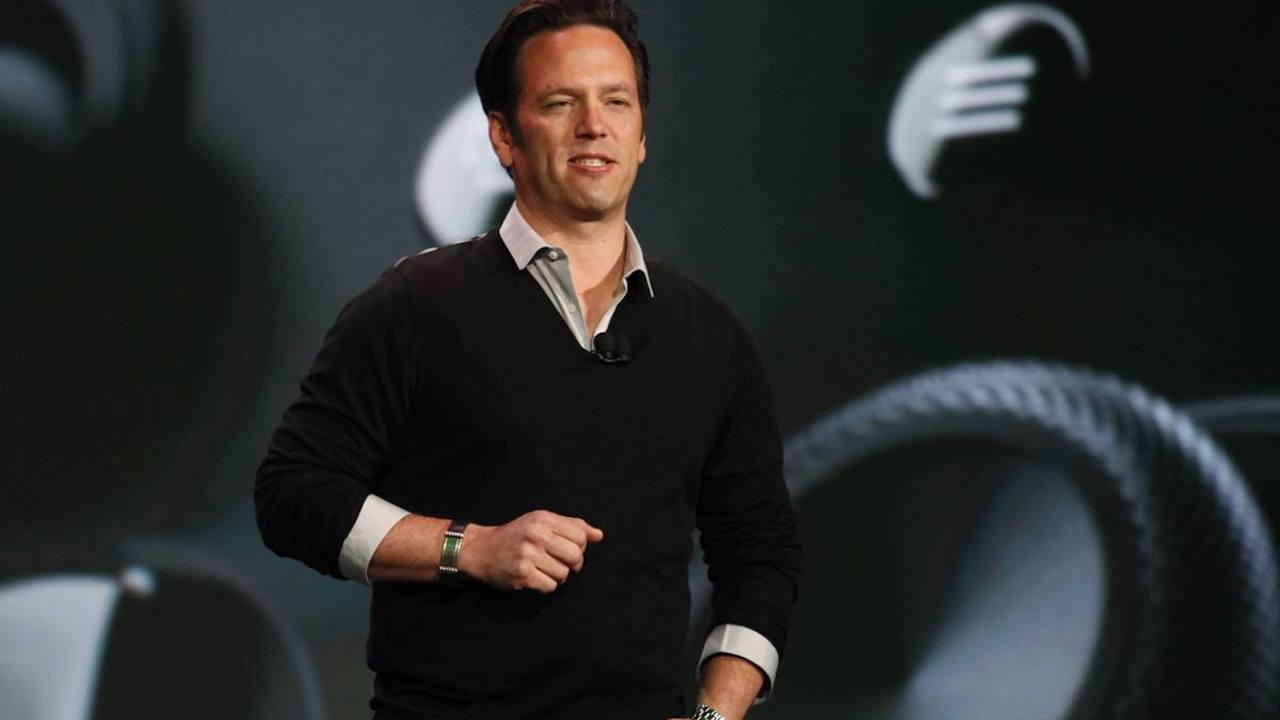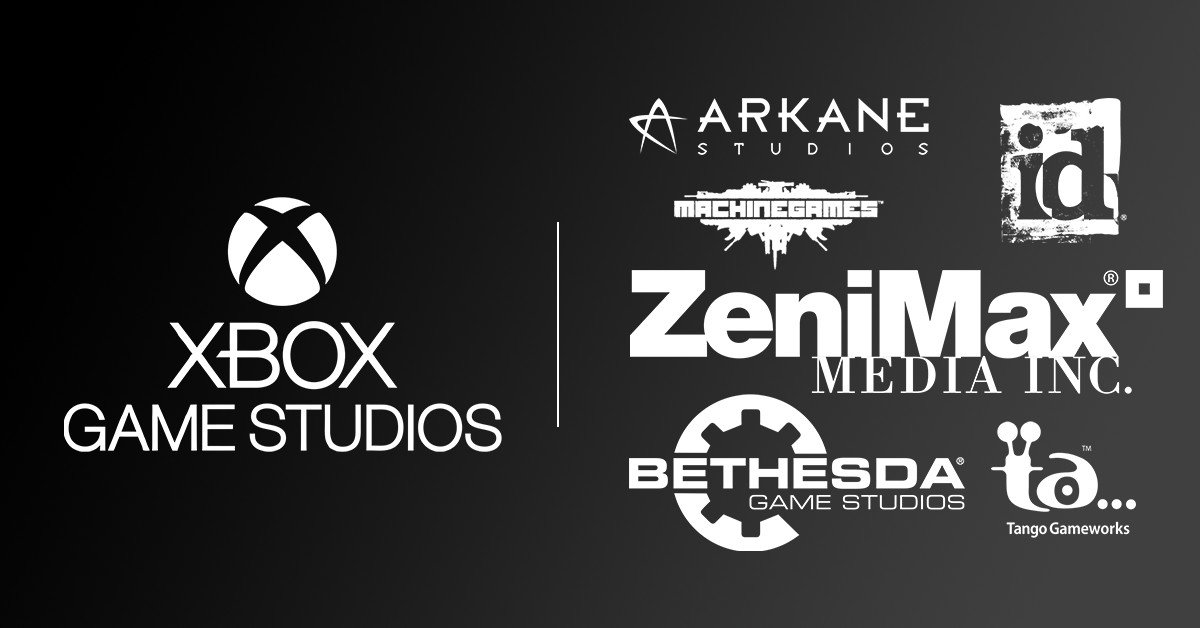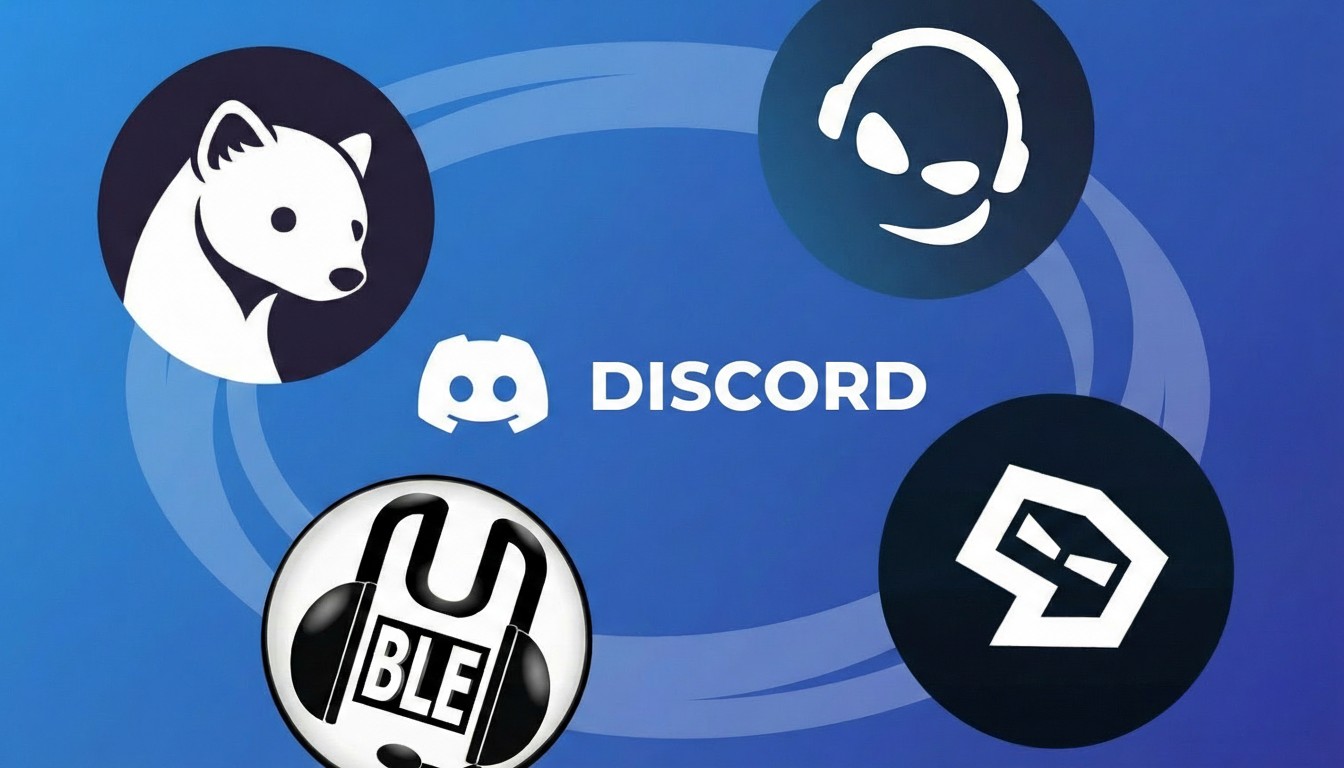Xbox chief Phil Spencer: Microsoft's game studio acquisition spree to continue
The more the merrier.

All the latest news, reviews, and guides for Windows and Xbox diehards.
You are now subscribed
Your newsletter sign-up was successful
It's no secret that Microsoft is in buying mode right now. The big Redmond giant has been acquiring companies left right and center for the future of its platforms, recently picking up Clipchamp for Windows and Office, and a few months ago picking up Nuance for its Azure services. Xbox has been growing too, with Microsoft purchasing well over a dozen studios in the past few years, from Obsidian Entertainment to Bethesda's ZeniMax stable, spending billions in the process.
Speculation about who, or what, Microsoft may purchase for Xbox next never abates, although the acquisitions have slowed down a bit in recent years, despite rumors to the contrary. Xbox lead Phil Spencer recently spoke to the WSJ to reiterate that they are indeed, still on the lookout.
"We're always out there looking for people who we think would be a good match and teams that would be a good match with our strategy, so we're definitely not done."
Microsoft hasn't been shy about its strategy for growth with Xbox, gunning for gamers outside the typical console ecosystem via the cloud, and native experiences on PC. Sony's Jim Ryan recently echoed similar sentiments, signaling that PlayStation may follow suit. Ryan lamented how "frustrating" it is that their studios can't reach hundreds of millions, due to the fairly static install base of consoles.

Mobile gaming has outpaced consoles for growth in recent years, possibly made more severe by the pandemic and global semiconductor shortage. In the same WSJ interview, Phil Spencer noted that Xbox Series X and Xbox Series S supplies are "gone instantly" after hitting shelves.
Meeting gamers where they are will help Xbox circumnavigate restrictions on silicon supplies, but only if they have the right content to do it. This year, Microsoft has Halo Infinite, Age of Empires IV, and Forza Horizon 5 to entice users on PC into the Xbox ecosystem with its subscription-based all-you-can-eat gaming service Xbox Game Pass. But much like Netflix, subscription services require a steady flow of high-quality content. Microsoft's portfolio of game studios is huge, but there's probably a future where Xbox guns for 1 big desirable Xbox Game Pass release at least every quarter to keep subscription figures rolling. To achieve that, more studios have to be on the menu. Right now, we can only guess and speculate on exactly what those studios might be.
All the latest news, reviews, and guides for Windows and Xbox diehards.

Jez Corden is the Executive Editor at Windows Central, focusing primarily on all things Xbox and gaming. Jez is known for breaking exclusive news and analysis as relates to the Microsoft ecosystem — while being powered by tea. Follow on X.com/JezCorden and tune in to the XB2 Podcast, all about, you guessed it, Xbox!
